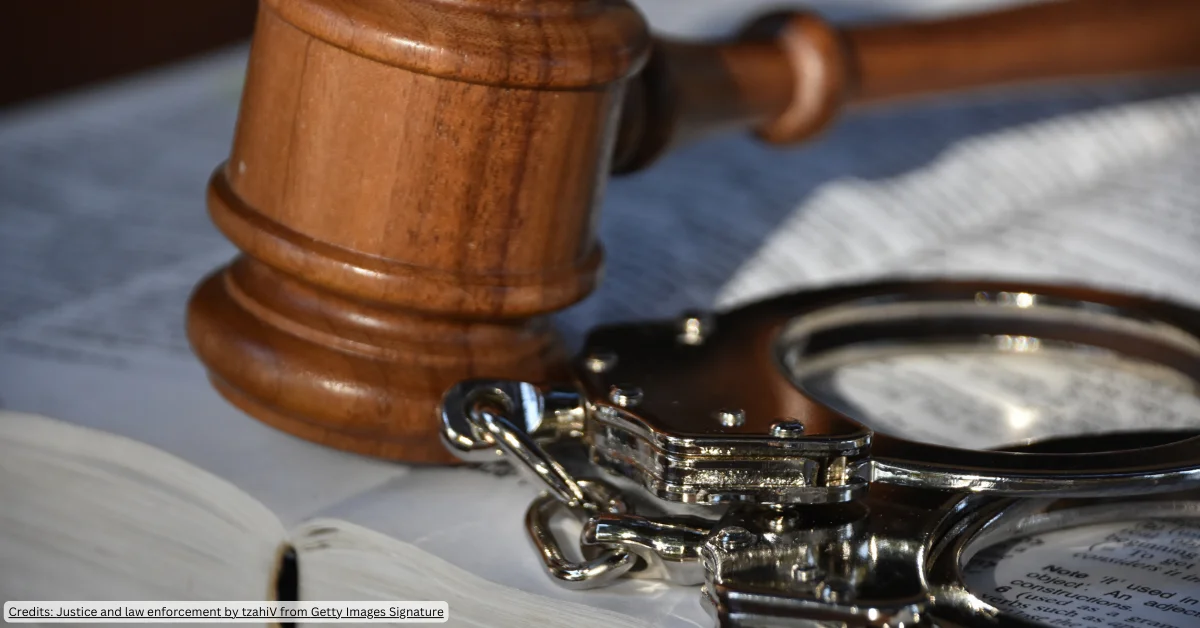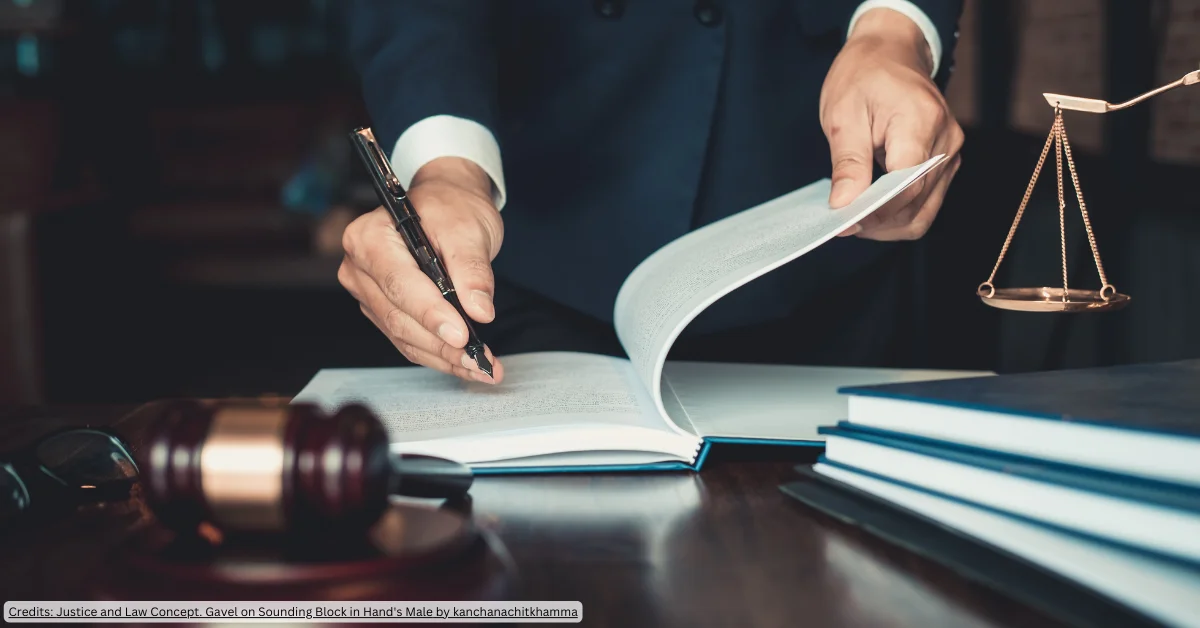The coronavirus pandemic has affected peoples’ wellbeing on all levels. Many are struggling with increased mental health issues.
On June 27, an online seminar to learn how to better support an organisation’s mental health during difficult times will be facilitated by Ally Kelly, Chief Executive Officer and Founder of Mind Blank, a charity set up to aim to reduce the risk of suicide through interactive theatre in schools and communities.
Ally has led the organisation through nine years of service. In 2017 her efforts were recognised in winning the Mental Health Matters Award for Mental Health Promotion, and in 2019 she was presented with the Mental Health Services Award for Mental Illness Prevention.
In this story, Third Sector News shares a conversation with Ally to bring us back why she started the nonprofit organisation, her insights on primary prevention and intervention recovery, and her organisation’s plans during and after the coronavirus pandemic.
Why did you start Mind Bank?
I am also is a survivor of PTSD so I know first-hand what it’s like to have to find your way through the health system. There were times in my life where I felt like going through my own mental health struggles would be the end of my life.
Statistics show that due to my history I am at higher risk of suicide and ongoing mental health issues. I refuse to accept this and I am living proof that as individuals we can change this reality. Personal and professional development is so important to me now.
I created Mind Blank because I believe in my core that no one needs to suffer in silence!
In the early days, I had no idea my life would fuel an opportunity to help hundreds and thousands of young Australians. In my early 20s, I started aligning with my mission in life to help the children of the future from suffering.
I read in your bio that one of the triggers that made you start Mind Bank was when you had a parent who had suicidal tendencies many times. Could you tell me more about that?
My Mother’s struggles with her mental health come from a childhood trauma history. She grew up in Peru, and some of the stories I have heard are horrific.
The first sign my family’s mental health issues were affecting my schooling was in year 1. My report card read, “Alison had missed quite a lot of school in 1992 due to her ill health.” When asking my parents about this years later, I found out the reason my school attendance suffered is that I was on suicide watch, but not for me. In other words, my father knew my mum wouldn’t do anything to harm herself if us kids were there, so he took us out of school for the day to help her keep her safe.
As a child I remember my response was to empathise with Mum’s pain. For example, I remember seeing her cry alone in a dark room. My natural response was to jump into bed and just cry with her.
The biggest gift my mother gave me was the pathway of personal development. She was determined to give us kids the best opportunity in life that she could. Because of taking on the role of a carer a great strength of mine is the empathy in my heart that has developed over time. As I progress in life, I am touched that I now get to empower others to find help and support when it comes to taking care of our own mental and emotional health.
Thank you for sharing that part of your life. In the nine years of your charity’s existence you have received various awards, how did those awards impact the community you are now working with?
I started Mind Blank at age 22. At the time my skills were green and underdeveloped. We have now received State, National, and International awards. Each one has been an amazing opportunity. The awards mainly just give the team and I a pat on the back that our work is making impact. They do come in handy when we are speaking to new stakeholders and funding bodies, as they all add up to the affirmation of expert status.
Can you tell me more about primary prevention and intervention recovery?
Ideally primary prevention in a “mental health context” is getting in early to show the community how to identify signs and symptoms of mental illnesses and provide skills to know what to do in a time of need.
Primary prevention is important because the earlier we get someone support for their mental and emotional health the better the chances are for helping them. If left untreated some mental health conditions can severely impact on a person’s development and life fulfillment.
If we are skilled to know how to support taking action early then we should be able to avoid seeking-help at a crisis point. A mental health crisis can be a critical moment as people’s lives could be at-risk. The reality is that:
· There is more need in the community than there are social workers, outreach workers, doctors, psychologists, psychiatrists and sociologists that can help.
· Our health care services are maxing out because the need is so high.
· Some services that have 6weeks-6month waiting lists, so seeking help late can be counterproductive for all parties involved.
Intervention and recovery can look different for everyone. It will depend on what the issues are that they are facing. Generally the best pathway to get someone help is to refer them to their local GP. They should be able to guide them to any additional services if needed. People may not be aware that good mental health practice is a life-long journey.
What is your future plan of the charity given the unique times coronavirus has set upon the world?
Mind Blanks mission is to aim to reduce the risk of suicide through interactive theatre in schools and communities.
Our strategy is to expand our reach and deliver long term sustainability with our health promotion programs. We have four focuses that drive our operations:
1. Maintain ongoing services to children and young people.
2. Build on providing Mental Health in the Workplace support programs.
3. Use technology to serve and expand our program reach.
4. Use research and evaluation to showcase program outcomes.
COVID 19 interestingly has increased our demand in the community. We are now busier than ever! I am slightly concerned that we have not yet seen the full brunt of the psychological impact in the community. I predict that we will be dealing with an emergent decline in mental health for at least another 6months. Therefore we need to prepare for a busy period ahead.
COVID 19 has required that we rise to the changing world and so we have quickly adjusted to delivering all our programs online. Pre-pandemic we had originally had a timeframe of 18mths to reach this transition. Excitingly we were able to fully execute on this action in just two weeks.













